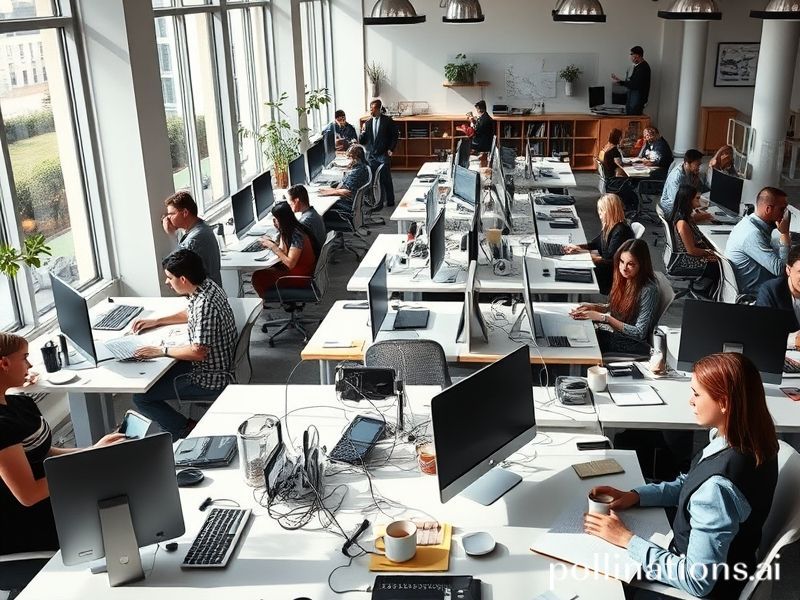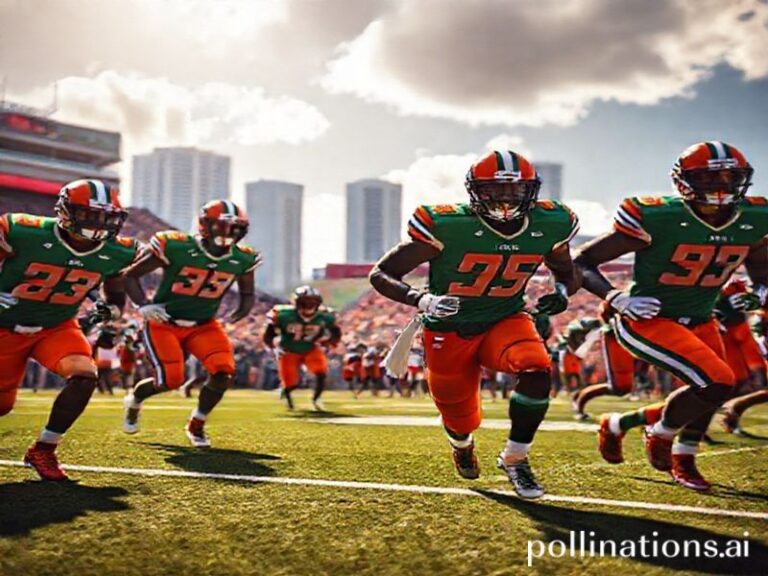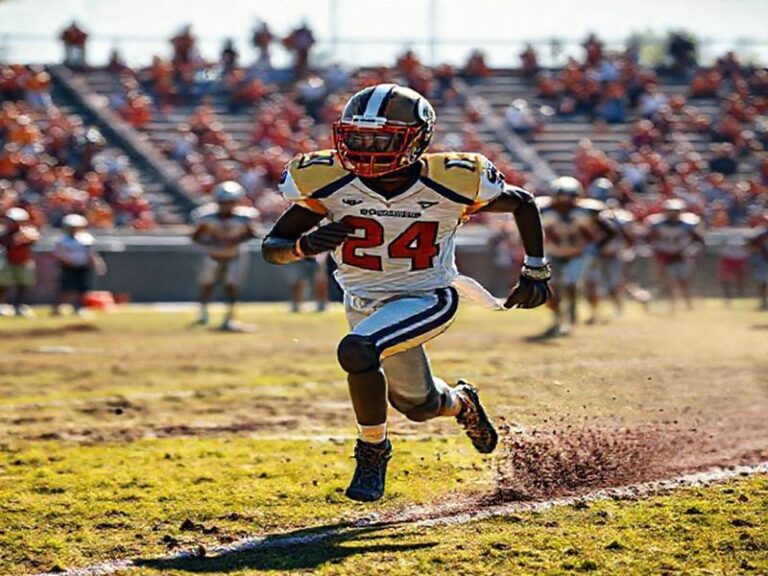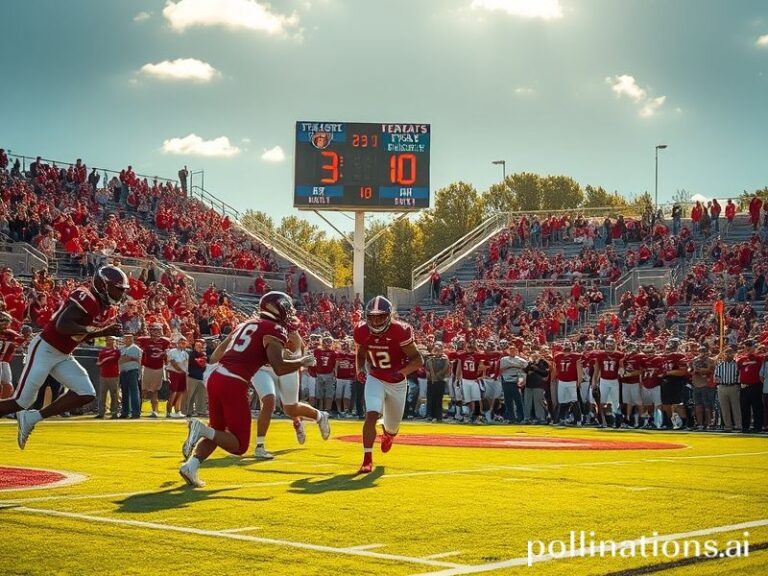The Workday Revolution: Why the 9-to-5 is Having a Global Identity Crisis
**The Workday Revolution: Why the 9-to-5 is Having a Global Identity Crisis**
Alright, folks, let’s talk about the elephant in the room—or rather, the elephant that’s been telecommuting, freelancing, and side-hustling its way out of the room. The traditional workday is having an existential crisis, and it’s trending globally for all the right (and some of the wrong) reasons. So, grab your avocado toast, and let’s dive into why the 9-to-5 is officially on life support.
**The Death of the 9-to-5 Dream**
Remember when your parents told you to get a “real job” with a steady schedule? Yeah, those days are so last century. The traditional workday is being disrupted faster than a Kardashian marriage, and it’s all thanks to technology, changing attitudes, and a global pandemic that forced us all to rethink our relationship with work.
**Cultural Context: The Great Unbundling**
The workday is trending because it’s unraveling at the seams. In Japan, the concept of “karoshi” (death by overwork) has sparked a cultural shift towards work-life balance. Meanwhile, in Sweden, the six-hour workday is being tested as a way to boost productivity and happiness. And let’s not forget the digital nomads, who are trading their cubicles for beachside coworking spaces, one laptop lifestyle at a time.
**Social Impact: The Rise of the Side Hustle**
The gig economy is booming, and it’s not just about driving for Uber or delivering food. From freelance graphic designers to Etsy shop owners, people are embracing the side hustle as a way to supplement their income and pursue their passions. This shift is reshaping the traditional workday, as people juggle multiple jobs and flexible schedules.
**Why It’s Significant: The Future of Work is Now**
The workday is trending because it’s a barometer for the future of work. As automation and AI continue to reshape industries, the traditional 9-to-5 is becoming obsolete. Companies are realizing that productivity isn’t about punching a clock—it’s about results. And employees are demanding more flexibility, better work-life balance, and meaningful work.
**The Dark Side of the Trend**
But it’s not all sunshine and roses. The gig economy can be precarious, with unpredictable income and fewer benefits. And while remote work offers flexibility, it can also lead to isolation and burnout. As the workday evolves, we must address these challenges to ensure that the future of work is equitable and sustainable.
**Conclusion: The Workday is Dead, Long Live the Workday**
The traditional workday is trending because it’s in the midst of a revolution. It’s being reshaped by technology, cultural shifts, and a global pandemic that forced us all to rethink our relationship with work. The future of work is here, and it’s flexible, dynamic, and unpredictable. So, whether you’re a digital nomad, a side hustler, or just someone trying to make it through the 9-to-5 grind, one thing is clear: the workday as we know it is dead. Long live the workday.







